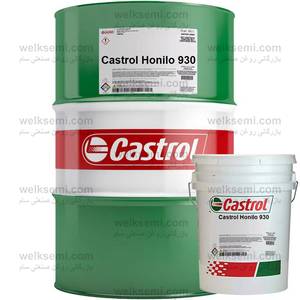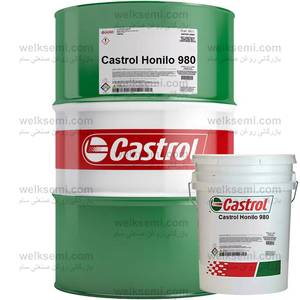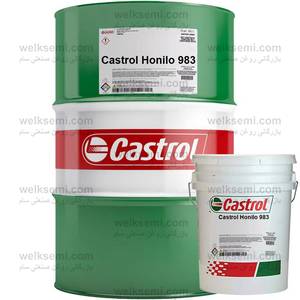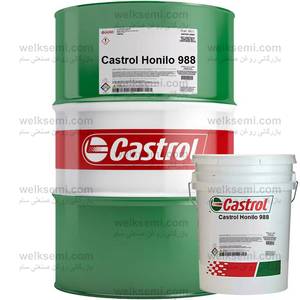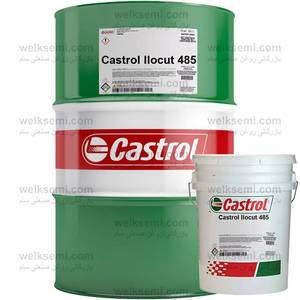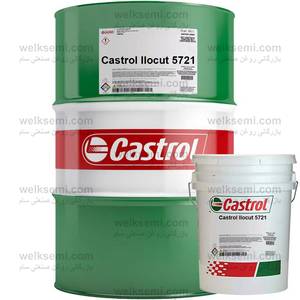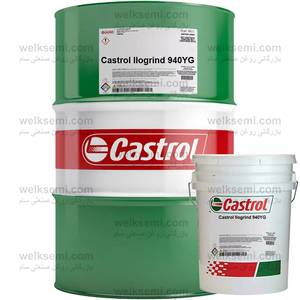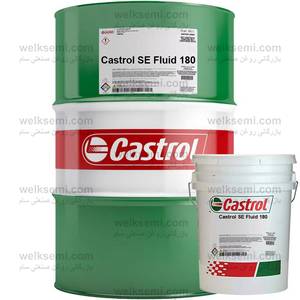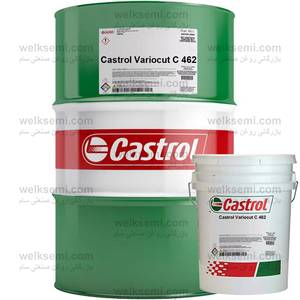Castrol Almaredge 230K: Metalworking Fluid
Castrol Almaredge 230K is a premium cutting fluid designed to enhance the precision and efficiency of metalworking processes. This product serves as a multi-purpose oil for machining operations, offering excellent lubrication and cooling properties essential for maintaining tool performance and prolonging tool life.
Understanding the Importance of Castrol Almaredge 230K
In the realm of metalworking, the choice of cutting fluid plays a crucial role in achieving optimal results. Castrol Almaredge 230K not only minimizes friction but also dissipates heat generated during machining, which is vital for preventing tool wear and maintaining dimensional accuracy. By understanding the importance of this fluid, manufacturers can improve their operational efficiency and product quality.
Applications of Castrol Almaredge 230K
The versatility of Castrol Almaredge 230K enables it to be used in various applications such as turning, milling, grinding, and other machining operations on ferrous and non-ferrous metals. This adaptability ensures that the fluid can cater to widely different metal cutting processes while consistently delivering superior performance.
Key Benefits of Using Castrol Almaredge 230K
By utilizing Castrol Almaredge 230K, users can experience several key benefits. Firstly, it significantly reduces tool wear due to its excellent lubricating properties. Furthermore, it helps maintain a stable temperature during manufacturing processes, ensuring high-quality surface finishes. The fluid also helps in chip removal, which is essential for maintaining workpiece visibility and reducing the chances of rework.
Buy Castrol Almaredge 230K
If you are interested in enhancing your metalworking processes, purchasing Castrol Almaredge 230K is a wise decision. This cutting fluid can be found at various distributors and online platforms. Contact your local supplier or check ecommerce websites specializing in industrial products for availability and price options.
Product Specifications of Castrol Almaredge 230K
Understanding the specifications of Castrol Almaredge 230K is essential for ensuring compatibility with your specific machining applications. This product is formulated with high-quality base oils and additives that promote stability, reduce foaming, and enhance cooling efficiency. It typically comes in various packaging sizes to cater to different manufacturing demands.
Technical Information about Castrol Almaredge 230K
From a technical perspective, Castrol Almaredge 230K features specific properties such as viscosity, flash point, and pH levels that are crucial for its performance. The fluid's viscosity determines its flow characteristics under shear, while the flash point indicates the safety measures during storage and handling. Understanding these properties can help users optimize their machining processes and ensure safe usage.
How to Apply Castrol Almaredge 230K Effectively
To achieve the best results with Castrol Almaredge 230K, proper application techniques are essential. Depending on the machining operation, users should follow specific guidelines regarding the amount of fluid applied and the method of application, whether it's flood, mist, or swab. Ensuring that the fluid covers the cutting area effectively will optimize lubrication and cooling.
Safety Precautions for Using Castrol Almaredge 230K
Using Castrol Almaredge 230K requires adherence to safety precautions. Users are advised to wear appropriate personal protective equipment to prevent skin contact and inhalation of aerosolized particles. Proper storage and disposal of the fluid are also necessary to minimize environmental impact and comply with regulatory standards.
Conclusion: The Value of Castrol Almaredge 230K in Metalworking
In conclusion, Castrol Almaredge 230K stands out as a superior choice for cutting fluids in various metalworking applications. Its unique formulation not only improves tool life but also enhances workpiece quality through efficient heat dissipation and lubrication. By integrating this product into machining processes, manufacturers can achieve sustainable production synergies, lower operational costs, and superior end-product quality.
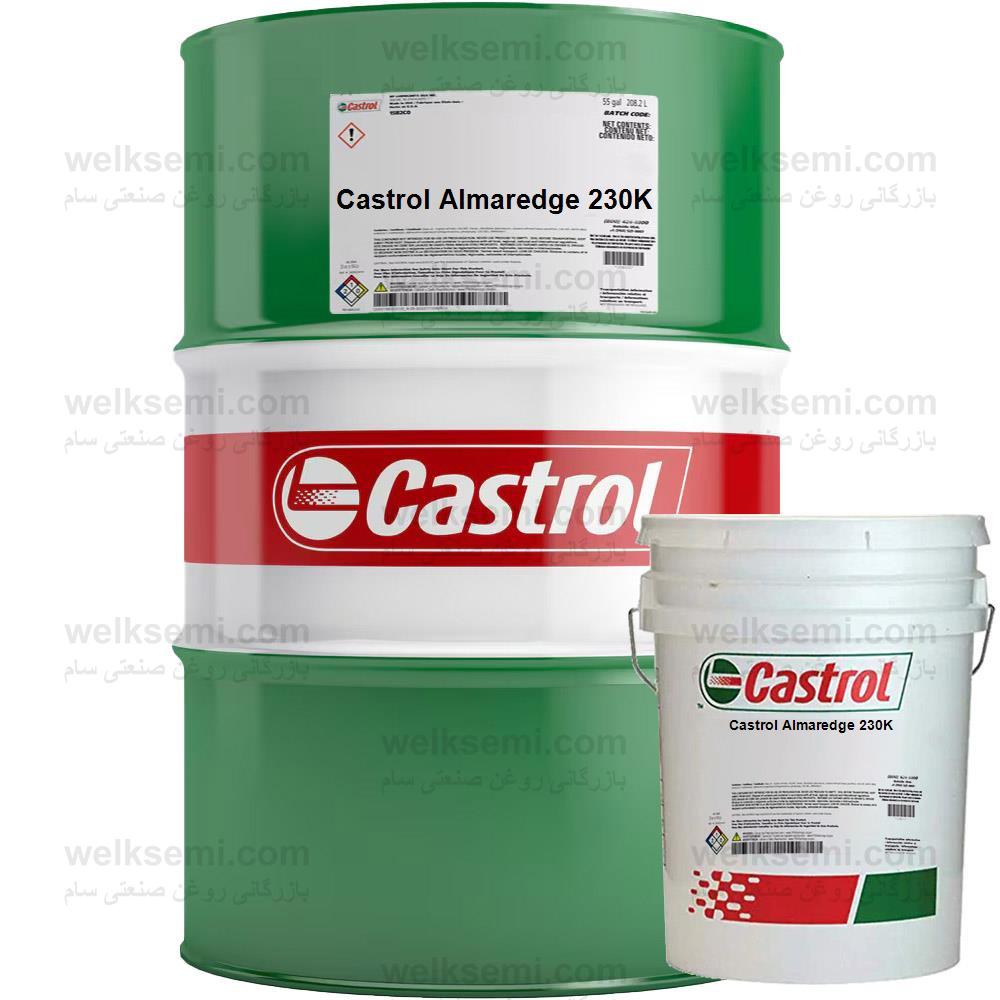

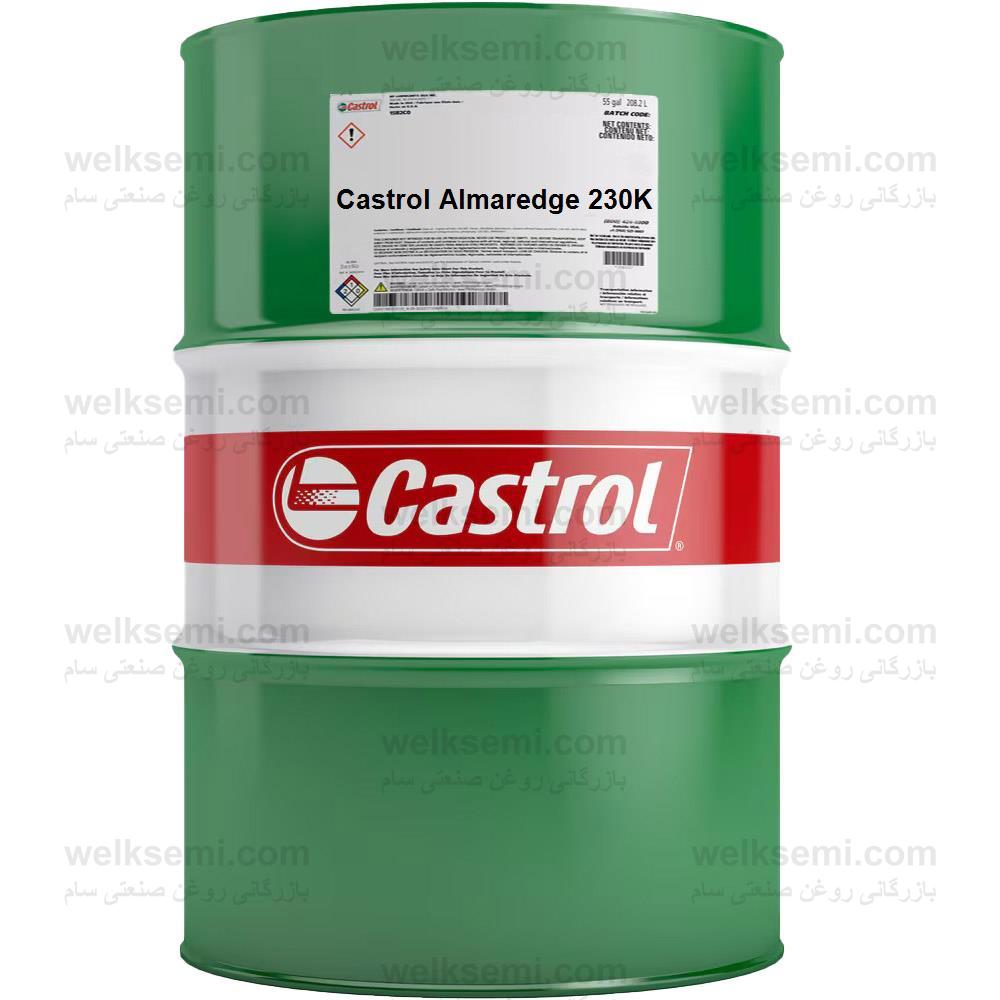
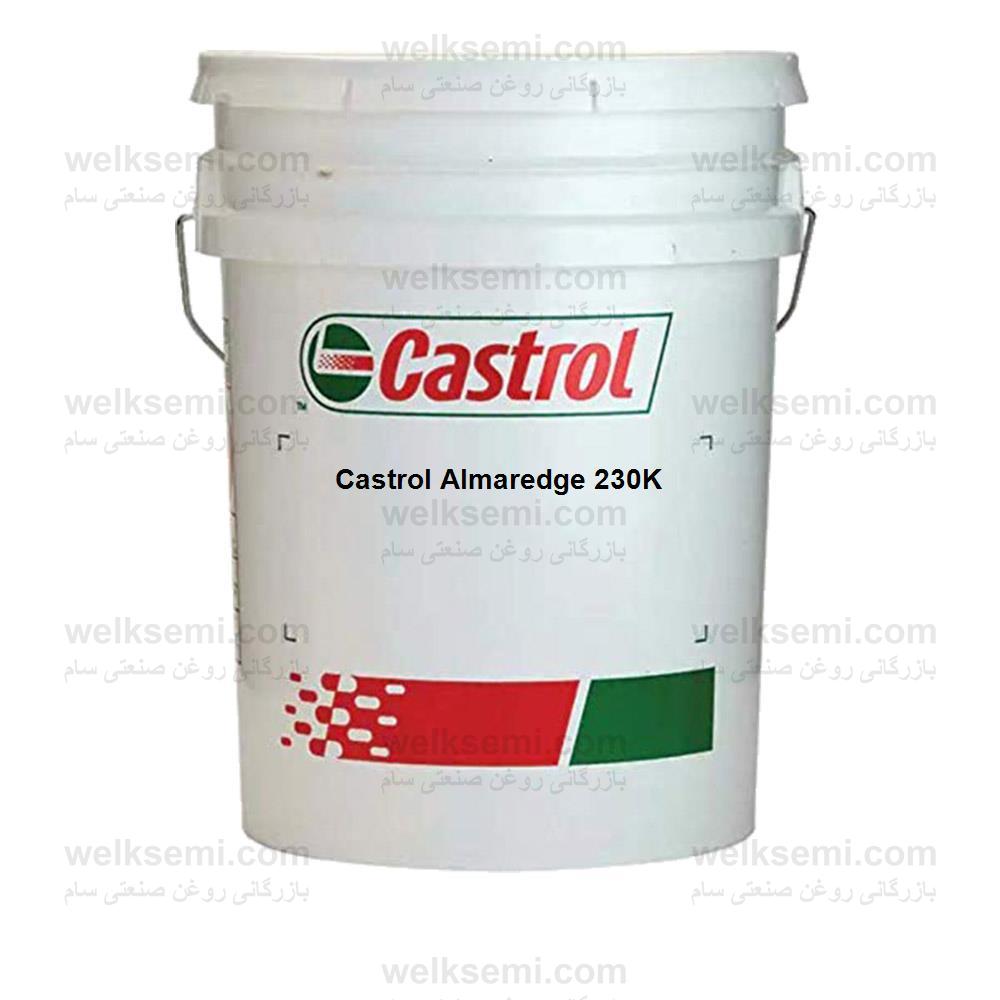







.jpg)
